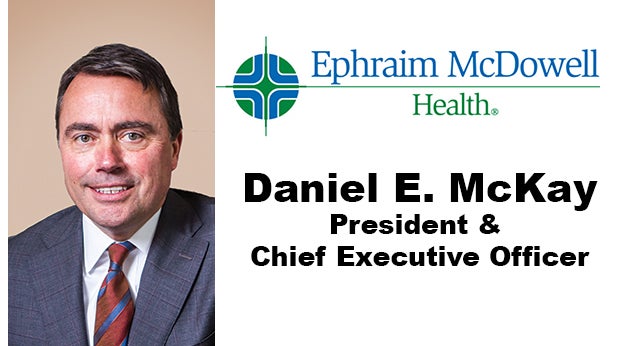We can all take more steps to prevent highway fatalities
Published 12:19 pm Friday, February 8, 2019
EDITORIAL
The Advocate-Messenger
Highway fatalities declined in Kentucky for the second year, according to a preliminary report for the Kentucky Office of Highway Safety release this week.
In 2018, there were 722 highway fatalities — down from 782 in 2017 and 834 in 2016 — marking a reduction of more than 100 deaths over the past two years.
While this reduction is certainly good news, seeing more than 722 deaths on Kentucky’s highways is still alarming. And while Kentucky has seen a decline since 2016, nationwide, vehicle fatalities are up.
The National Safety Council reports that vehicle fatalities topped 40,000 in the U.S. in 2016 and 2017.
“The 2017 assessment is 6 percent higher than the number of deaths in 2015,” according to the NSC. “About 4.57 million people were injured seriously enough to require medical attention in motor vehicle crashes in 2017, and costs to society totaled $413.8 billion.”
While there are certain unavoidable risks associated every time we get in a vehicle, we can all take more steps to prevent highway fatalities.
• Wear a seatbelt and require others in your vehicle to buckle up as well. Officials attribute Kentucky’s recent drop in fatalities to an increased use of seatbelt. The Kentucky Transportation Center reported that more people (89.8 percent of respondents) said they wore a seatbelt in 2018 than in 2017 (86.8 percent). The Centers for Disease Control and Prevention suggests wearing a seatbelt is the most effective way to save lives and reduce injuries in vehicle crashes. More than half (range of 53 percent to 62 percent) of teens 13 to 19 years old and adults aged 20 to 44 years who died in crashes in 2016 were not buckled up at the time of the crash.
• Do not drive while impaired. Kentucky officials also noted a reduction in impaired driving as a possible cause for the decrease in fatalities. According to the most recent report, 137 fatalities related to drunken driving were reported in 2017 and 86 in 2018.
Alcohol is only one type of impaired driving. Other factors include illicit drugs, like marijuana and opioids, and over-the-counter or prescription medications that may cause drowsiness or impair motor skills and reaction times.
The best way to prevent impaired driving-related crashes is to not drive if you have been drinking or taken a medication that might impact your driving ability. Designating a sober driver or using a taxi or ride-share service can prevent accidents.
• Follow road laws. These laws, which include speed designations, stop-and-go signs and lights and others can prevent accidents. It is important to familiarize yourself with traffic laws.
• Avoid distracted driving. The CDC reports, “Each day in the United States, approximately 9 people are killed and more than 1,000 injured in crashes that are reported to involve a distracted driver.”
One of the most notable types of distracted driving involves using cell phones. “Texting while driving is especially dangerous because it combines all three types of distraction,” according to the CDC. “Sending or reading a text message takes your eyes off the road for about five seconds, long enough to cover a football field while driving at 55 mph.”
While many people still text or browse on their phones while they are driving, it is illegal. In Kentucky, there is a total cell phone ban for teens and novice drivers, and a texting ban for all drivers.
While most people think of cellphone use, distracted driving involves anything that might divert your attention from the roadway and driving, this could include eating while driving, talking to other passengers, using a navigation device, looking for items in your vehicles, fiddling with the radio, etc.
• Vehicle safety: Fix recalls immediately and attend to any operational issues with your vehicle. By keeping your vehicle in good working order, you can reduce the risk of emergent mechanical issues that may cause accidents while on the roadway. You can visit ChecktoProtect.org to ensure your vehicle does not have an open recall It is also best to keep your windows clean and free from debris that might obstruct your vision.






